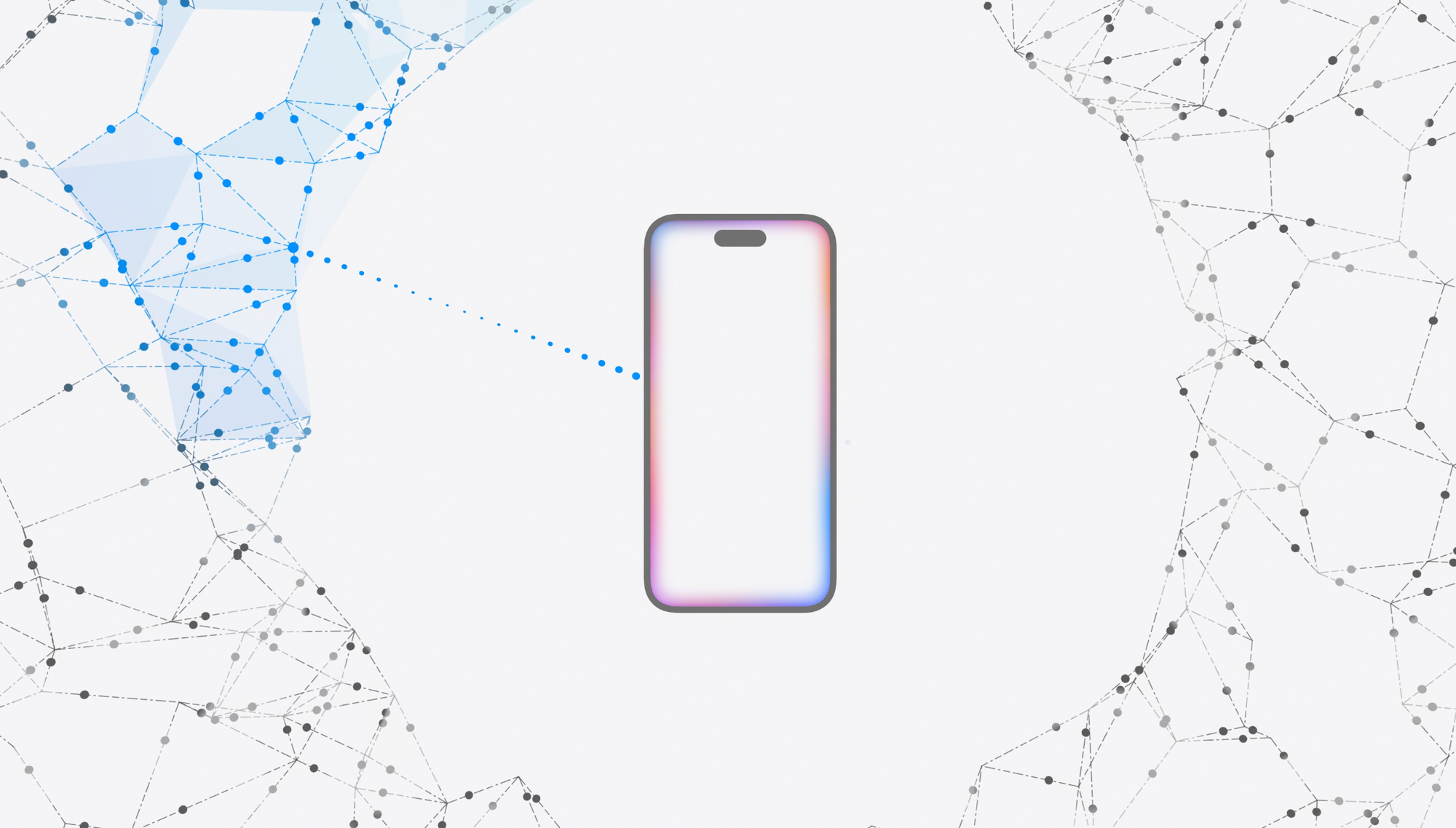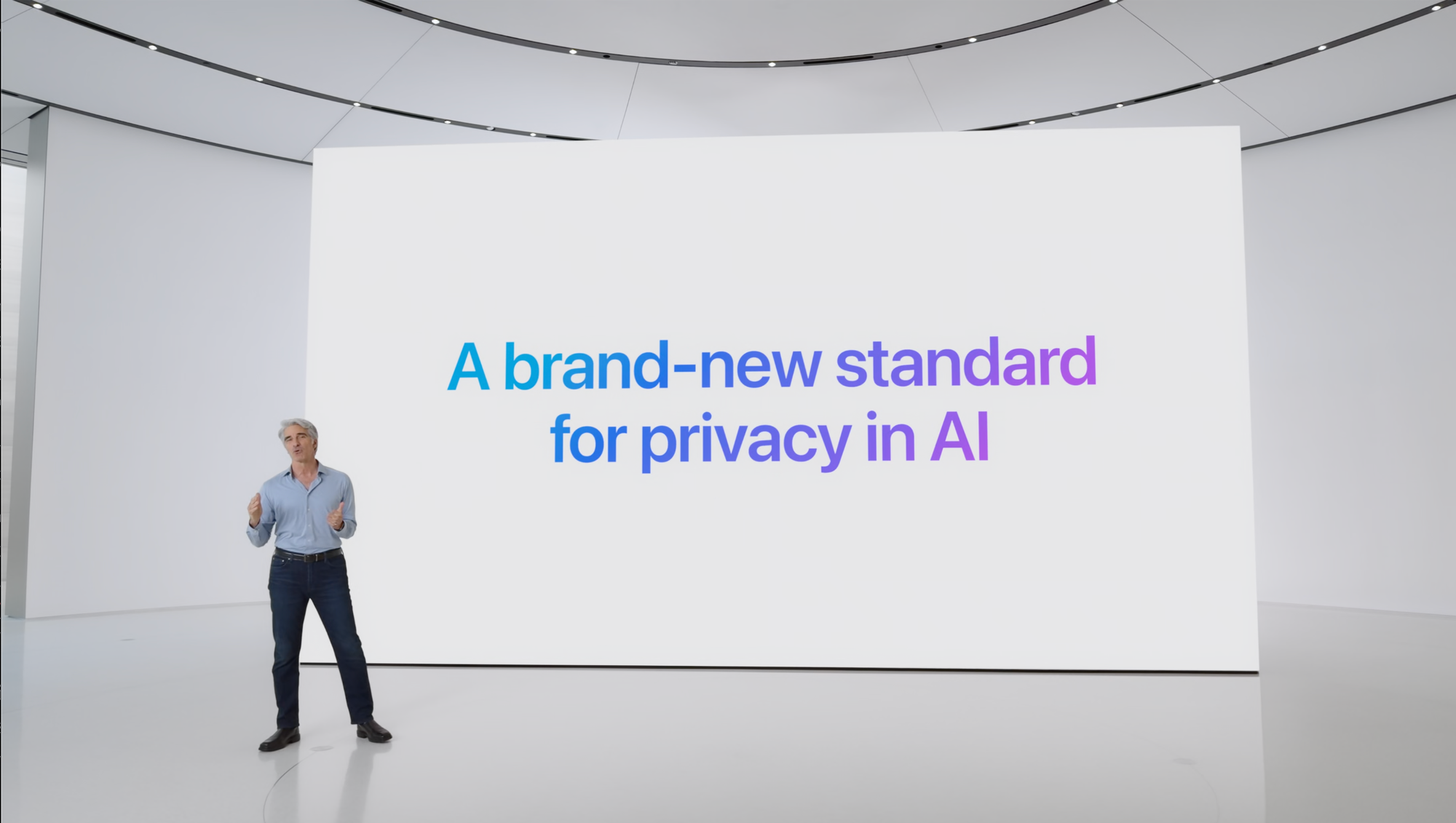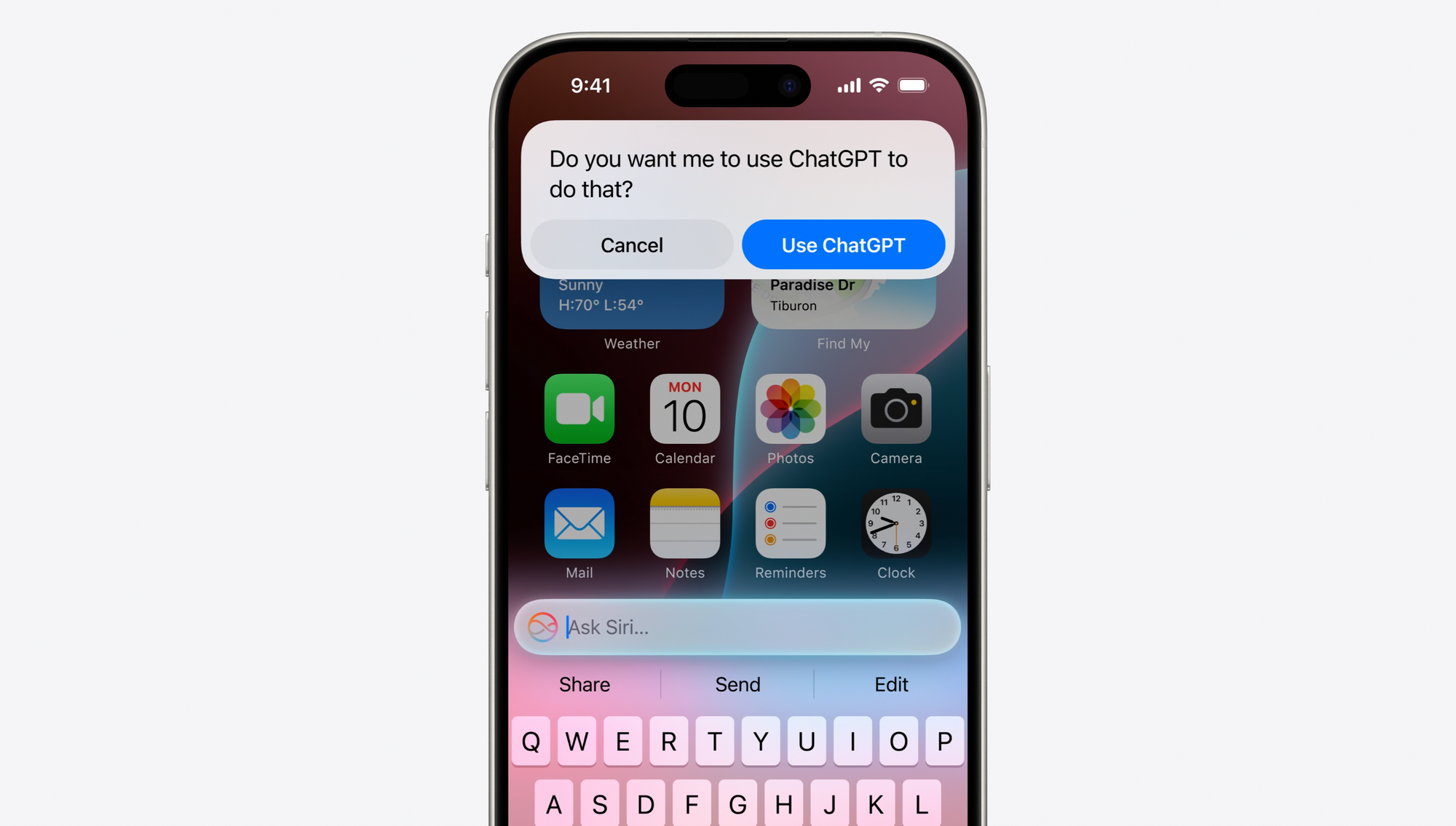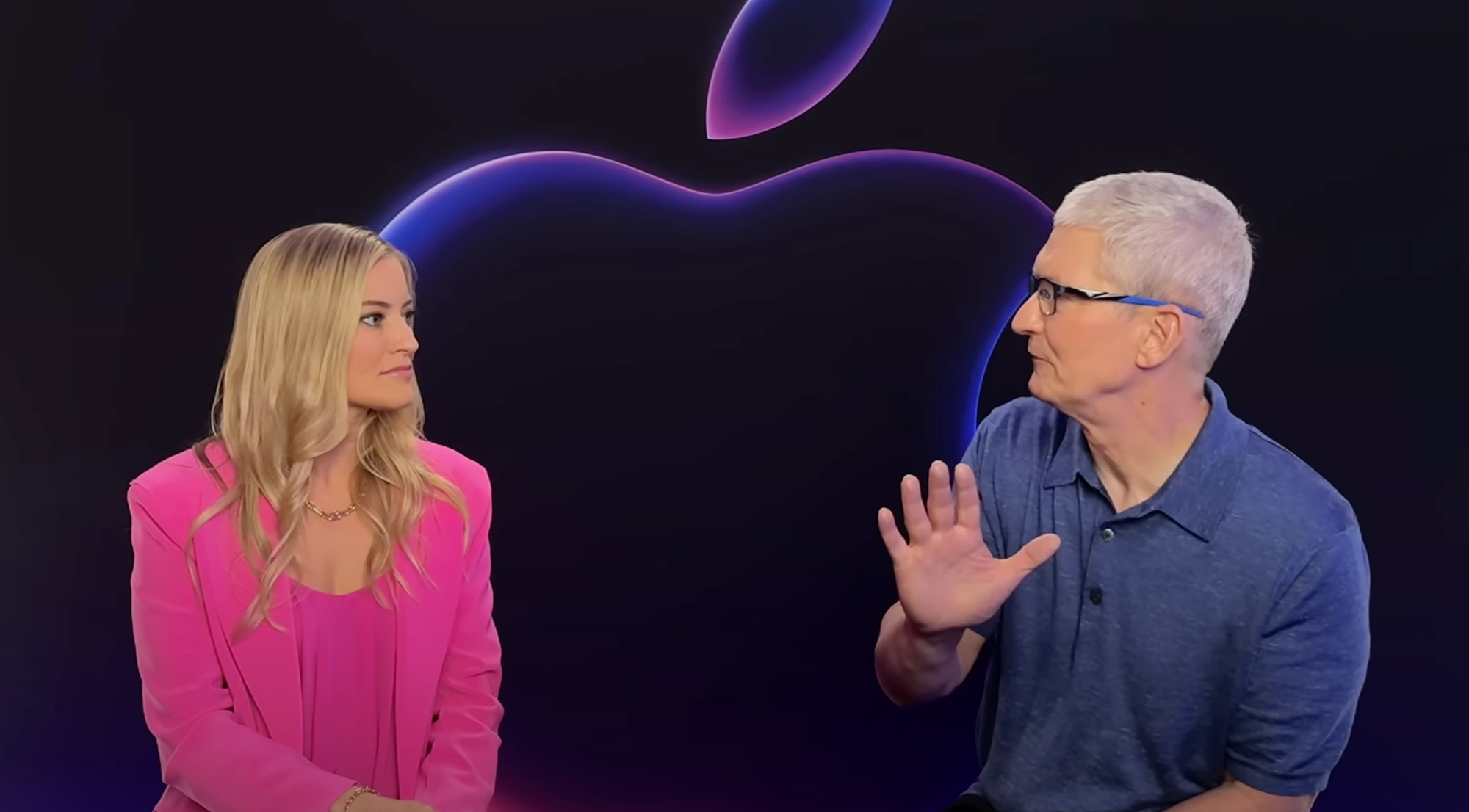
Apple’s Intelligent Strategy
Apple showed off an incredible strategic edge in the AI arms race - but some might have missed that the company hints at using its biggest weakness as a formidable weapon against competitors.
I’ve got perhaps five outlines of articles I want to write after what was easily one of the most feature-packed, developer-oriented WWDC keynotes last Monday. As we digest all the changes and cool down from the events, I simply had to write a short note on something that did not immediately strike me after the keynote, but slowly revealed itself as I started contemplating what Apple had just announced. It left me marveling somewhat at Apple’s level of strategy.
As I mentioned in my previous Apple Intelligence post pre-WWDC, Apple is perhaps the best positioned company in tech to take advantage of AI:
- iPhones are the most personal devices;
- AI assistants and agents are at their peak of utility if they have access to your most personal information;
- Apple is uniquely one of the most trustworthy brands users would actually trust to use and handle their information, and finally;
- Apple tends to come relatively late to emerging technologies, but uses that time to announce a version of that technology so polished that it is superior to its competitors.
I had high expectations going into WWDC, but Apple easily surpassed them.
The Private Cloud
First off, I’d assumed Apple would save a lot of cost and energy through local processing. Some things, however, simply have to go to the cloud. What I didn’t assume or could predict, was the extent of how in-depth its design of Private Cloud was. In Apple’s security blog (they’re blogging!), they outline just how intensely secure the design of their cloud system is (this is going to make a really amazing security conference talk one day).

It’s worth a complete read, but key points:
- Data Privacy by Design: PCC processes data without storing it, ensuring no personal data is retained or accessible even by Apple themselves;
- Custom Hardware and OS: PCC runs on Apple’s own chips and a secure new operating system to enhance data privacy and integrity. The software is released to independent security researchers, who will verify it. iPhones will only communicate with servers running software that was independently verified. Hardware follows a supply chain security system to prevent tampering;
- Zero Trust Architecture: No entity, including Apple or local admins, have access to user data or computation processes;
- Non-targetability: Ensures that users cannot be individually targeted even when other security systems were to be somehow bypassed;
This is... really very Apple. It's reminiscent of Face ID, and it almost makes me sad it wasn’t a bit more touched on in the keynote. Apple undersells its security in depth approach with zero trust systems.

Face ID lets you unlock your phone with your face. There’s plenty of those systems around, but this one is different: it has such a high cost per module (and poor repairability score) because of its in depth security and privacy centric design.
It’s the privacy bit that’s unique.
In brief: Face ID creates a hash (a one time function to turn data into a bit of code, essentially) from a 3D scan of your face that is generated with a pattern of projected infrared dots. This hash is stored in the Secure Enclave, a read-only part of the chip that is hardened for security. Upon face scans, the system lets the enclave compare the scan to stored data and passes on if it matches or not.
That’s objectively secure. Adequate for most. But if you were to assume that Apple themselves could be a malicious actor in this, it wouldn’t be enough.
That’s why Face ID takes it a step further. It is zero-trust: if the hash is somehow compromised, and an attacker manages to exfiltrate data from the Secure Enclave, you still cannot reuse it to unlock another iPhone or reconstruct the data. Why? During manufacturing, that dot pattern of the IR projector is randomized per device.
It’s an unbelievably detailed, excellent application of defense in depth and zero-trust security without compromising even slightly in the user experience — save for not being able to ‘export’ a face scan to your new iPhone so it just unlocks when you get a new phone. Not a huge deal.

Privacy is crucial in Apple’s applications of AI.
The iPhone, as I stated before, is far more personal and contains so much private information that anything that taps into its data would essentially become the most powerful and comprehensive surveillance system ever created.
Apple set out to describe a system that could be more helpful and detailed than Microsoft’s Recall disaster while being vastly more secure as well. Its cloud might not be as powerful and fast as giant arrays of Nvidia GPUs, but it has distinct advantages in Apple’s priority areas. Apple’s features involving your most private information are also comparatively ‘lighter’, less difficult AI problems.
ChatGPT
What follows is, of course, anything Apple’s AI cannot do. This is where OpenAI came in. Before WWDC, most assumed that Apple was so ‘far behind’ on AI that it would have to walk into the OpenAI offices, tail between its legs, to bargain a deal to license its technology in a bid to catch up.
Not so.

Apple announced at the tail end of its keynote that OpenAI’s ChatGPT is integrated for anything where Apple’s own AI wouldn’t be able to complete the task — for complex problems requiring broad global instead of personal knowledge. And, Apple assured us, it was entirely possible to simply swap this ChatGPT out for another model or provider.
As Ben Thompson brilliantly writes in ‘Apple Aggregates AI’:
Apple is positioning itself as an AI Aggregator: the company owns users and, by extension, generative AI demand by virtue of owning its platforms, and it is deepening its moat through Apple Intelligence, which only Apple can do; that demand is then being brought to bear on suppliers who probably have to eat the costs of getting privileged access to Apple’s userbase.
This was written, even, without the now-revealed knowledge that it’s not Apple that is paying. In fact, Apple is not paying OpenAI a dime.
Indeed, it’s likely OpenAI (or whoever will want to pay for the privilege of being the default ’secondary AI provider’ on iOS in the future) who will pay for access to Apple’s vast and valuable user base. There’s value in that: a company could even sell its premium product to those users.
And why, naturally, you can sign up for a ChatGPT Plus account for extra features using Apple’s ultra-high converting, polished payment flow that takes 30% off every transaction — if not more in this special case. Not only does Apple get all the advantages of integrating with any special models and services, it naturally earns its commission in sharing revenues of any service that it integrates with.
This is a strategic victory for Apple that makes Microsoft’s at-times awkward reliance on OpenAI look foolish at best, and Google’s singular Gemini approach fragile and risky, with its eggs in a single basket. But there’s another advantage here, and if you saw parallels with Apple’s search engine deal you might see where this is going.
Wielding the cudgel
Apple’s greatest rivals build their empires on vast troves of user data. While Apple has prided itself on privacy, these troves become a true competitive advantage in the face of AI. The only other truly existential risk that Apple faces is regulation.
In the last years, it has picked up both abroad and domestically with cases from the EU and US DOJ arguing that Apple is in a monopoly position and is actively harming consumer interests.
To me, of all threats, Apple never truly faced something as formidable and potentially ruinous as regulatory challenge. While the DOJ case is weak (and truly poorly informed), the EU has already ‘won’ its own cases, forcing Apple to adopt policies and make changes that Apple thinks harms its product integration and mission. What I couldn’t have foreseen was Apple feeling the blows of regulation and calculating how it could use this rising tide of technology regulation to its advantage — indeed, to wield the very cudgel it has been so beaten with in the last years and swing it at its top competitors.

Here's Tim Cook’s answer (emphasis mine) in this video interview with iJustine, which was a briefing event to press right after Apple’s WWDC24 keynote:
Justine: “I see a lot of people who feel afraid of AI — is there something you can say to, kind of, put their minds at ease coming into this era of Apple Intelligence?"
Tim: “I think for us, we’ve tried to be very thoughtful about entering in and how we use it [...] We’re very much a believer that regulation in this area is needed, starting with privacy regulation."
The EU, famous for its cookie banners stemming from the (very well intended) GDPR laws is pushing ahead on stricter privacy regulations on tech companies, and the US and other large markets for Apple are likely to follow suit. AI is exceptionally difficult — both for upstart and incumbent — to engineer into a privacy- and environmental footprint compliant system.
How convenient, then, that Apple’s Private Cloud is the most compliant of such a system yet. And that AI assistants with global knowledge, if they ever become a legitimate threat to the crown jewel of internet products — web search — can be swapped out as easily on iOS as selecting a different search provider.
We should trust Cook when he says they believe in regulation being necessary — and if he gets his wish, it would cement Apple’s dominance in an emerging sector that could stand to create the biggest competitive advantage and upgrade cycle driver in recent technology history.
Newsletter
Sign up to get my best articles and semi-regular newsletter delivered in your inbox as they are released.
Membership
Receive my annual photography or design course, access to previous courses, my Lightroom presets, premium articles and more.

